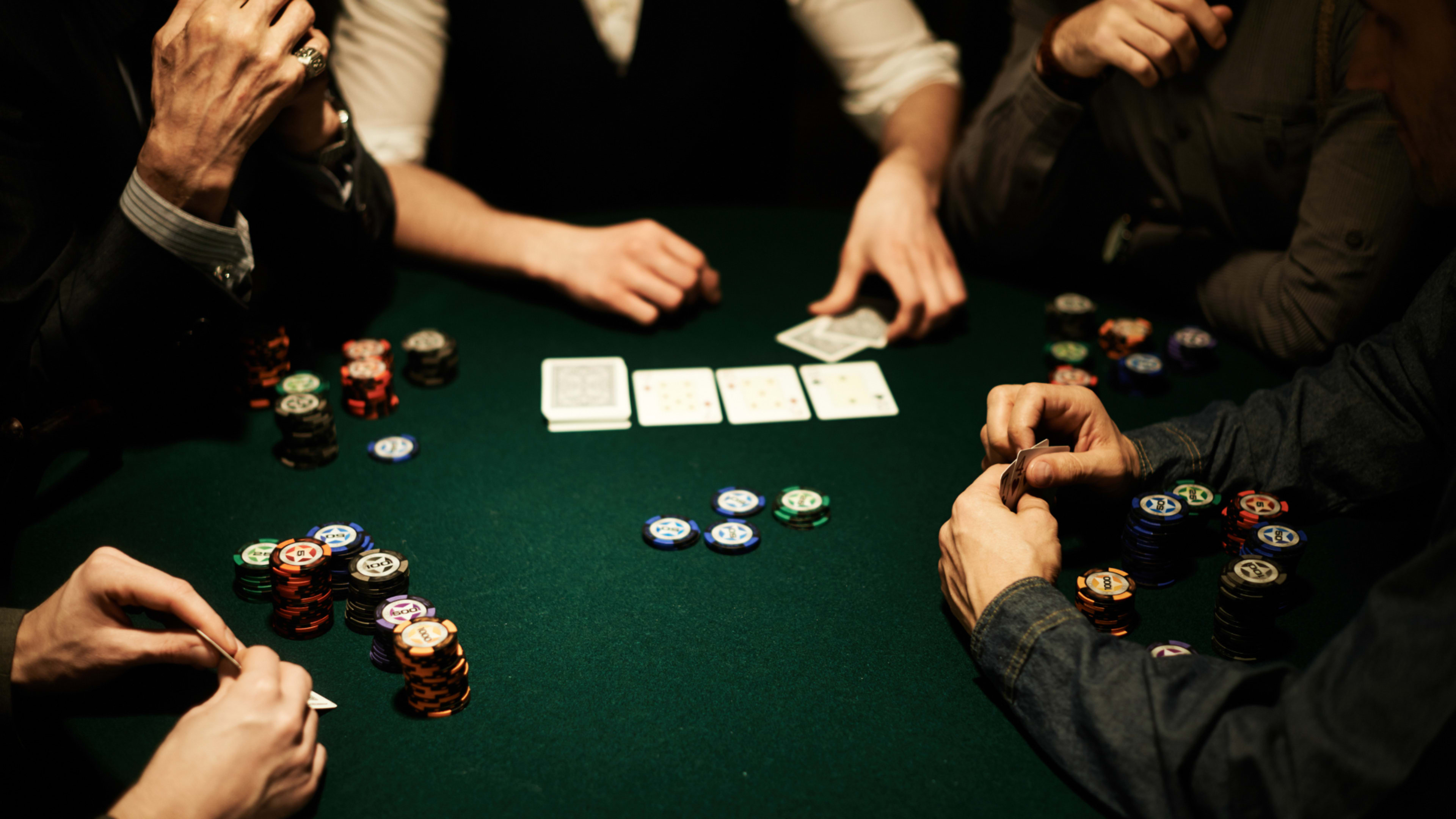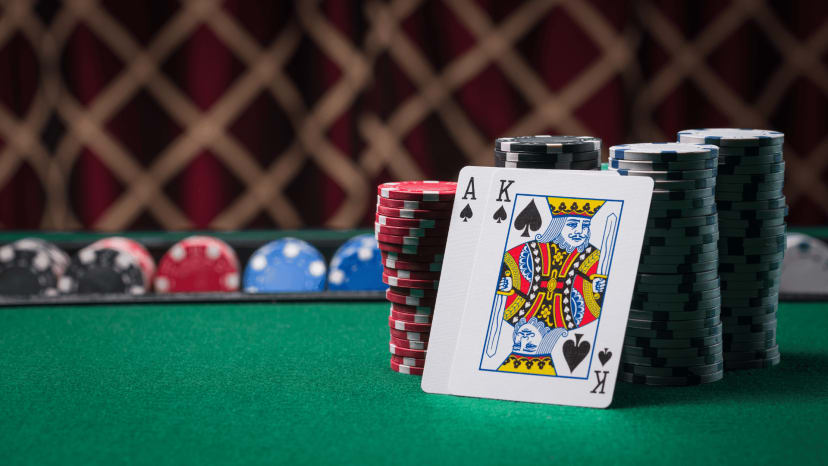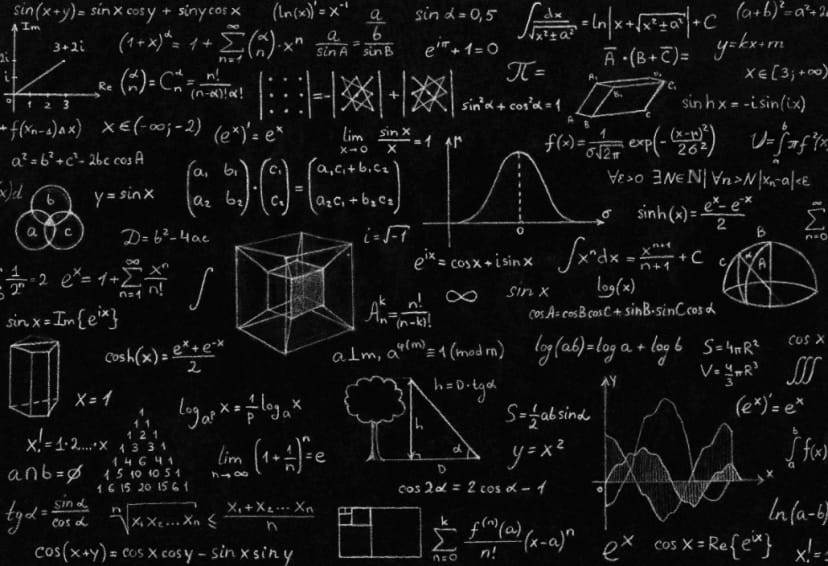Poker is a casino card game that requires players to have skill, strategy, and a little bit of luck. One of the essential components of winning at poker is understanding table positions, which is very helpful for making better decisions, maximizing profits, and avoiding losses for Rwandan players.
There are a few table positions in poker that have to be played differently. Each player should take into account what cards he has according to the table position he's at. The focus of this article will only be on learning more about table positions in poker and how they can affect gameplay for players in Rwanda.
Early Positions: Understanding the Blinds and UTG
The early positions on a poker game table are the first few seats to the left of the dealer. Early Positions, EP, also refer to the first three players next to the dealer, including the Small Blind, Big Blind, and the player sitting next to the Big Blind. The third player is known as UTG or Under the Gun.
Players in these positions are at a disadvantage because they are the first to play each round. Those bettors will have to play only by knowing what cards they have, and no information about what their opponents have.
There are two ways for bettors to take advantage of their early positions.
- Play very aggressively. This means to call or raise if someone tries to steal your blinds. Or bluff, if the starting hand is not that good.
- Play selected hands. This includes playing only premium hands such as high pairs, AK, AQ, or other hands, considered strong. This strategy can help them avoid losses and win pots when the starting hand is good.
Middle Positions in Poker for Rwandan Players
The middle poker positions on the table refer to players who act after those in the early positions, but before those in the late positions. For Rwandan players, understanding these positions is key to improving your game.
- Players in the middle positions have a slight advantage over those in the early positions, as they don’t have to play first. Still, middle positions can be tricky for Rwandan players, as they have to play before the players in the latter positions.
- One of the key tricks for playing middle positions in poker is to play a wider range of hands than those in the early positions. Of course, all hands have to be tailored to the player’s cards and the actions from early positions.
There is a very successful strategy that can be implemented by players in the middle positions. If they have a strong hand and the early positions already placed a bet, they may re-raise, in order to force blinds to fold and steal the pot.
If a player is in the middle position, they should be very careful with aggressive late-position players and wait for stronger hands, otherwise, fold.
Late Positions: Your Advantage at the Table
The late positions in poker are the best ones for a player to be in. These positions are the Cutoff and the Button, which are the last two positions to act in a hand. The Button is considered the most favorable position in poker, as the player in this acts last in every betting round, giving them a significant advantage over the others.
- Playing from late positions in poker gives Rwandan players the advantage of observing how other players act, enabling them to make more informed decisions about whether to bet, raise, or fold.
- Another benefit for Rwandan players is the ability to easily control the pot size when playing from a late position. If no one has raised, the player can decide to bet small to build the pot or bet big to bluff opponents, depending on their hand strength.
Playing from late positions can be beneficial for a variety of poker hands that can be played. Both the cutoff and button positions allow players to engage with hands that might be considered weaker, depending on how opponents have played and the current pot size.
In Summary for Rwandan Players
Understanding poker table positions is essential for any player aiming to improve their game. Each position comes with its own set of advantages and disadvantages, so knowing how to leverage each can provide a significant edge over those less familiar with gameplay dynamics.
While each poker position requires a different approach, they share common elements that contribute to a solid poker betting strategy. Therefore, players should not only be well-versed in poker positions but also have a well-prepared personal game flow.
With consistent practice, players can develop the skill to read their opponents' actions and make the most effective decisions from any position at the table.
FAQ
Why is position important in poker?
In poker, your position at the table significantly impacts your strategy. Acting later in a round gives you more information about your opponents' actions, allowing for better-informed decisions. This advantage can lead to more successful bluffs, value bets, and overall improved gameplay.
What is the worst position in poker?
Generally, the small blind is considered the toughest position. You're forced to put in money before seeing your cards and often have to act first after the flop, putting you at a disadvantage.
What is a late position in poker?
Late position refers to the positions of the button (dealer) and the cutoff (the seat to the right of the button). These positions offer the advantage of acting last or near last, allowing you to observe your opponents' actions before making your own.
What is the early position in poker?
Early positions are the first few seats to the left of the big blind. These players must act before most others, limiting their information and requiring a tighter, more cautious playing style. This includes the Under the Gun (UTG) position.
What is a middle position in poker?
Middle position players act after the early positions but before the late positions. This provides some information but still requires careful consideration, as strong players in late position can exploit overly aggressive plays.
What are the best positions in poker?
The button (dealer) and the cutoff are generally considered the best positions. Acting last allows you to see how other players have bet, giving you a significant advantage in making informed decisions. Remember to gamble responsibly.















